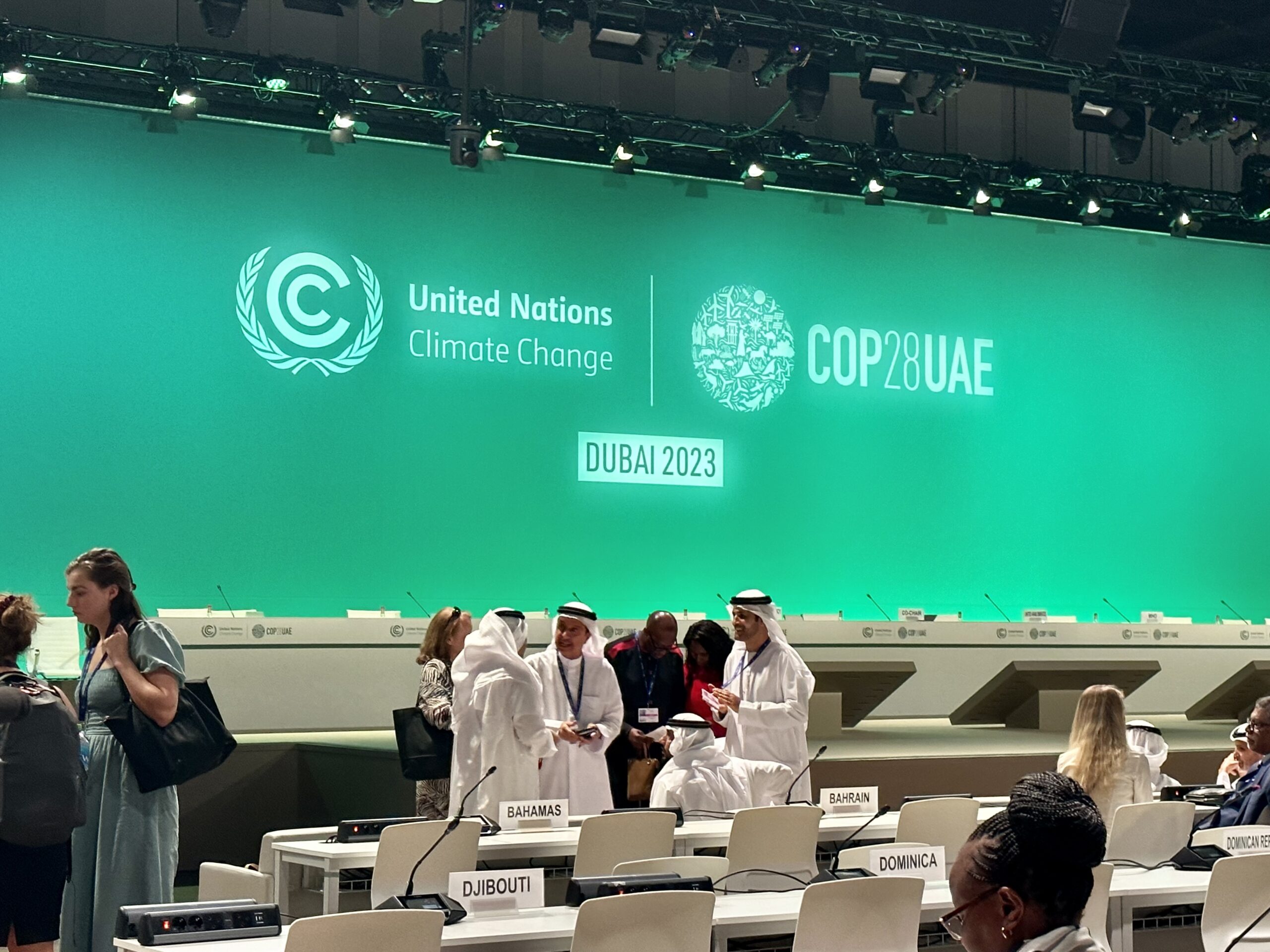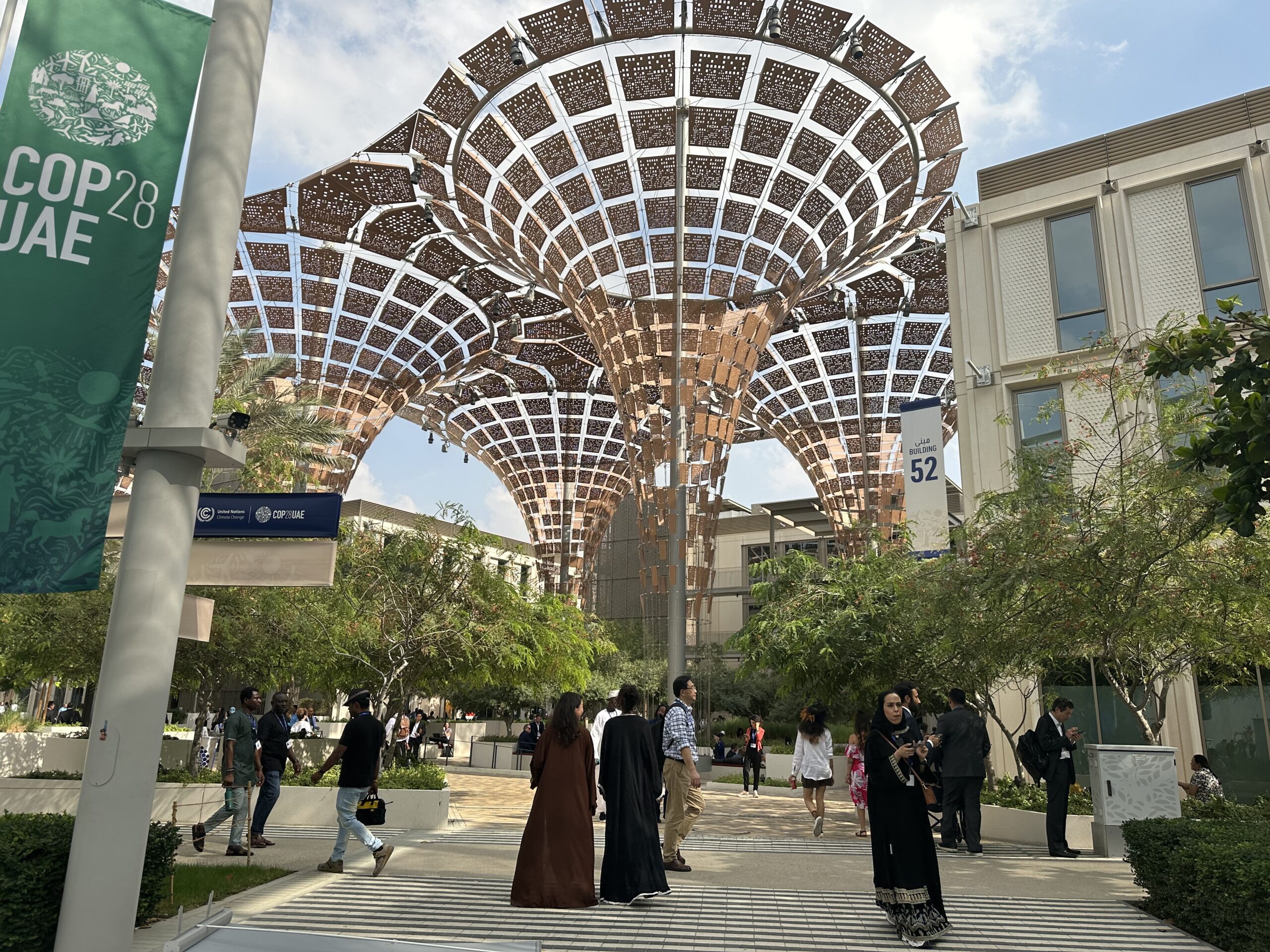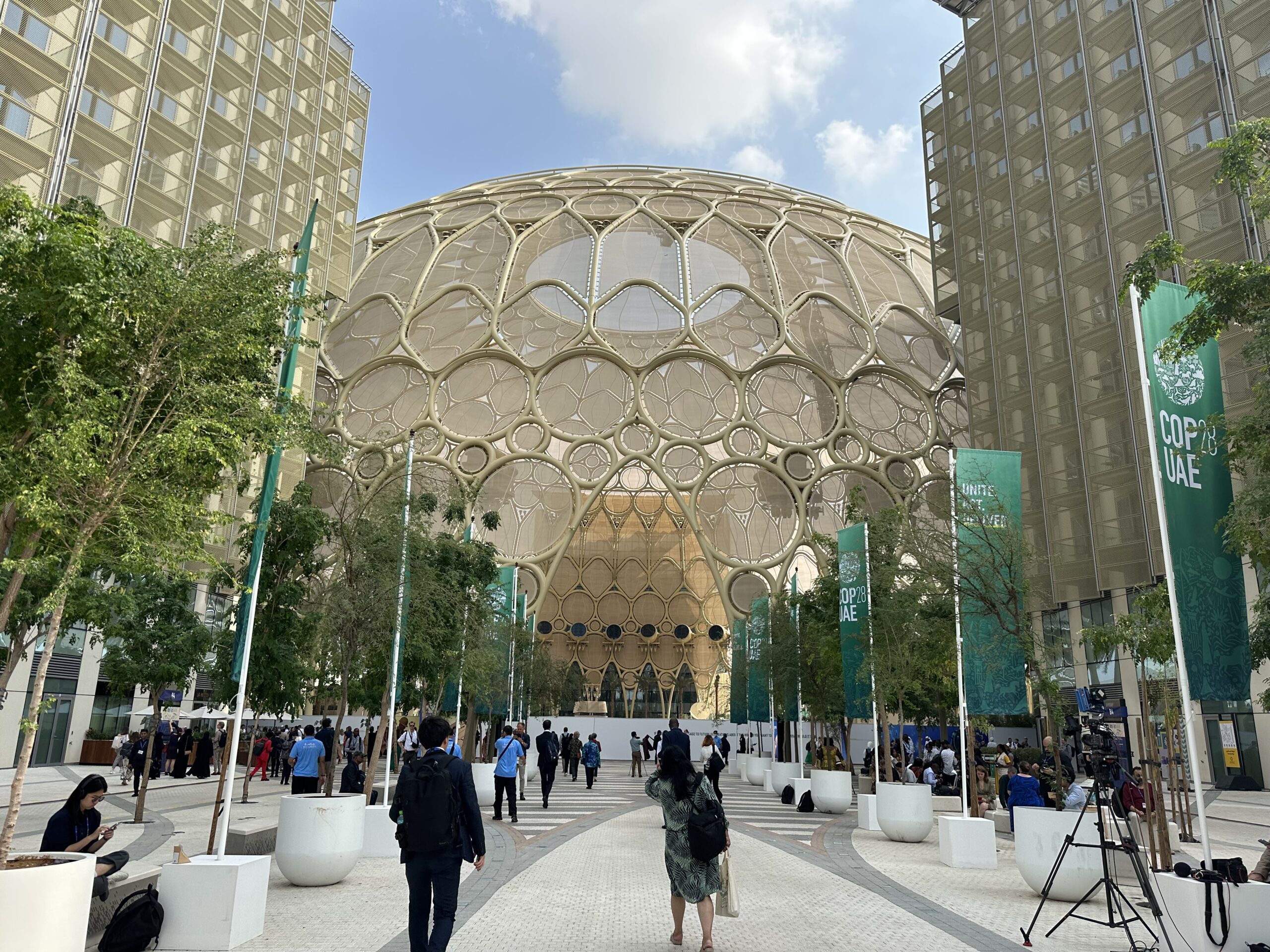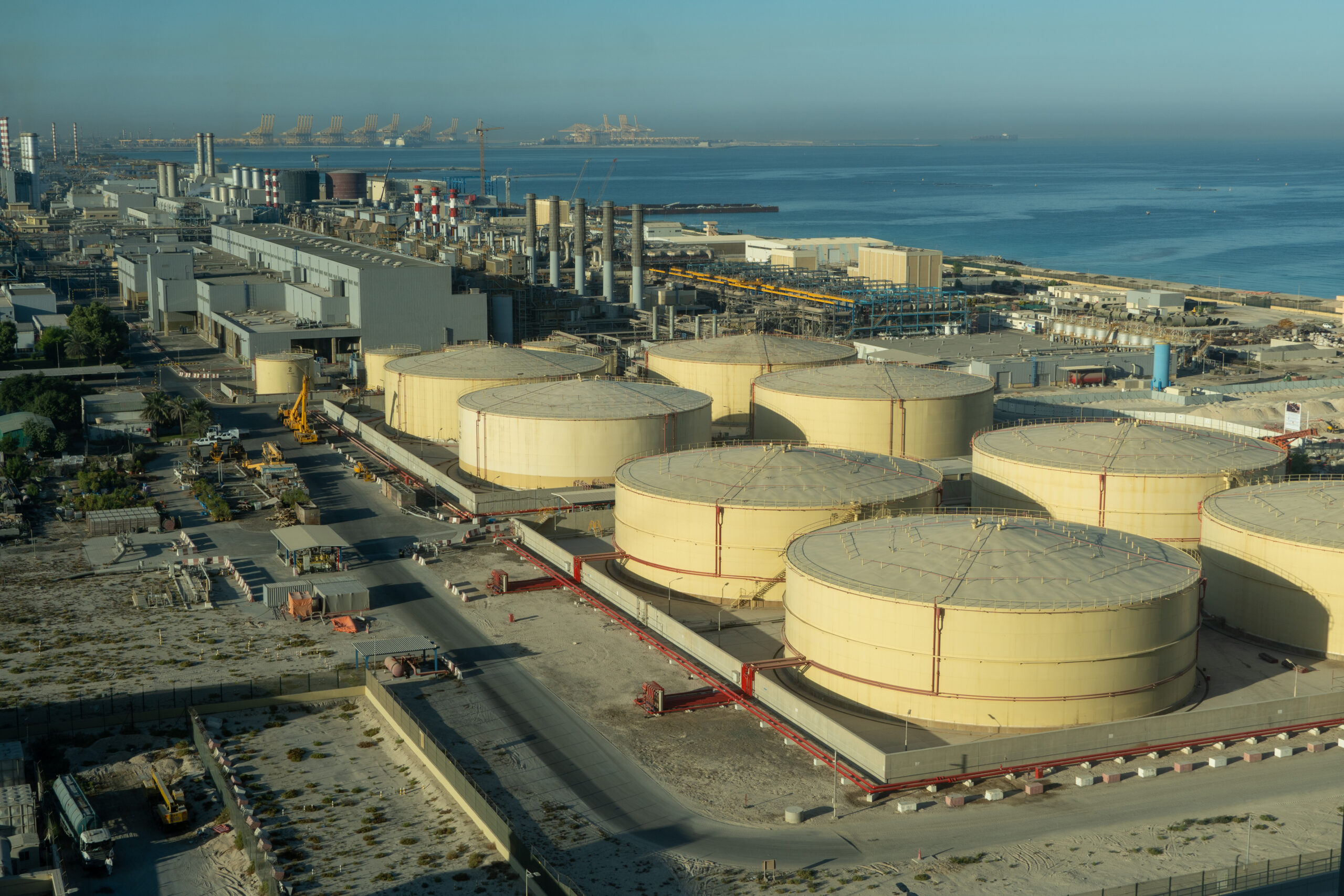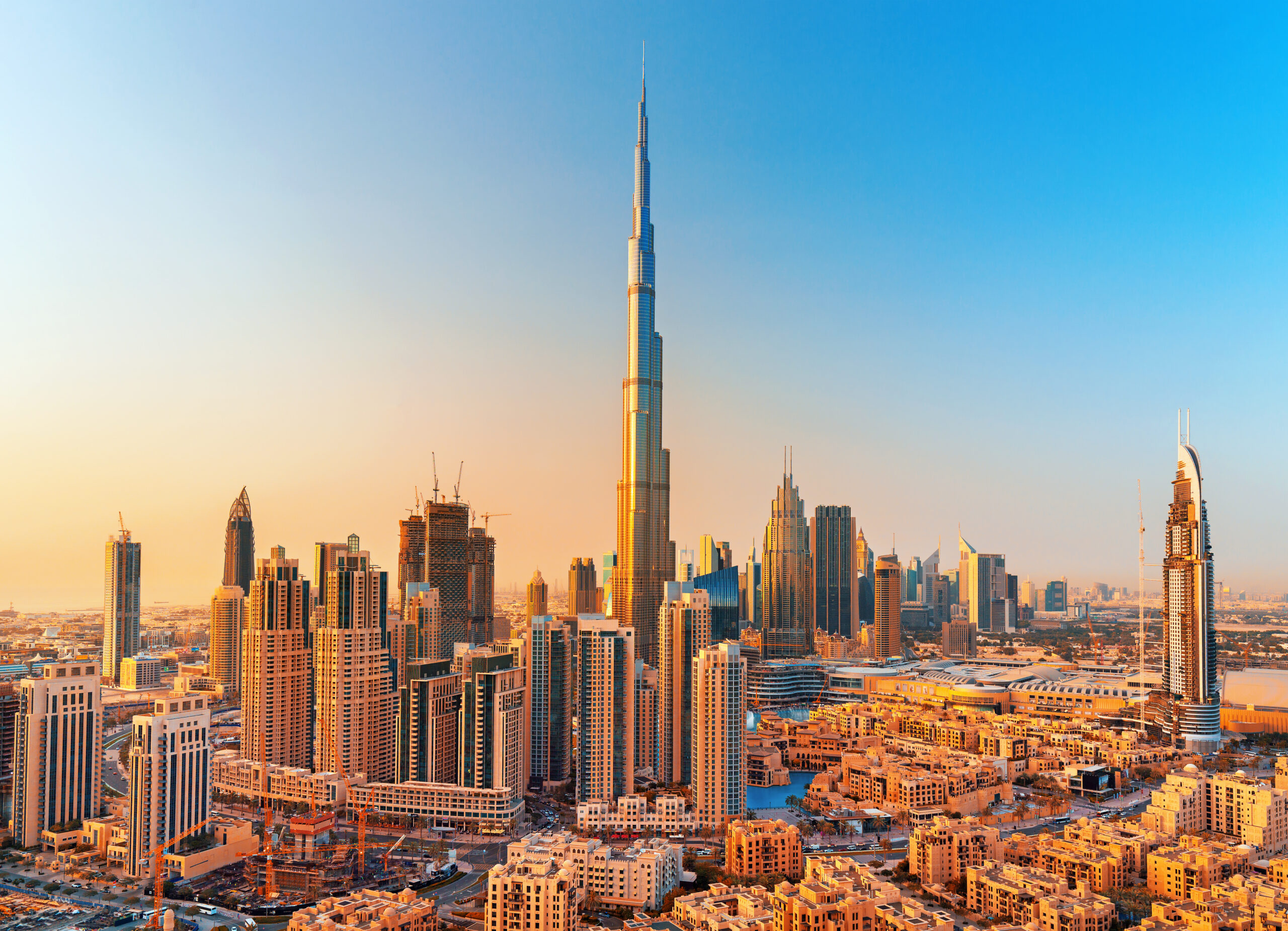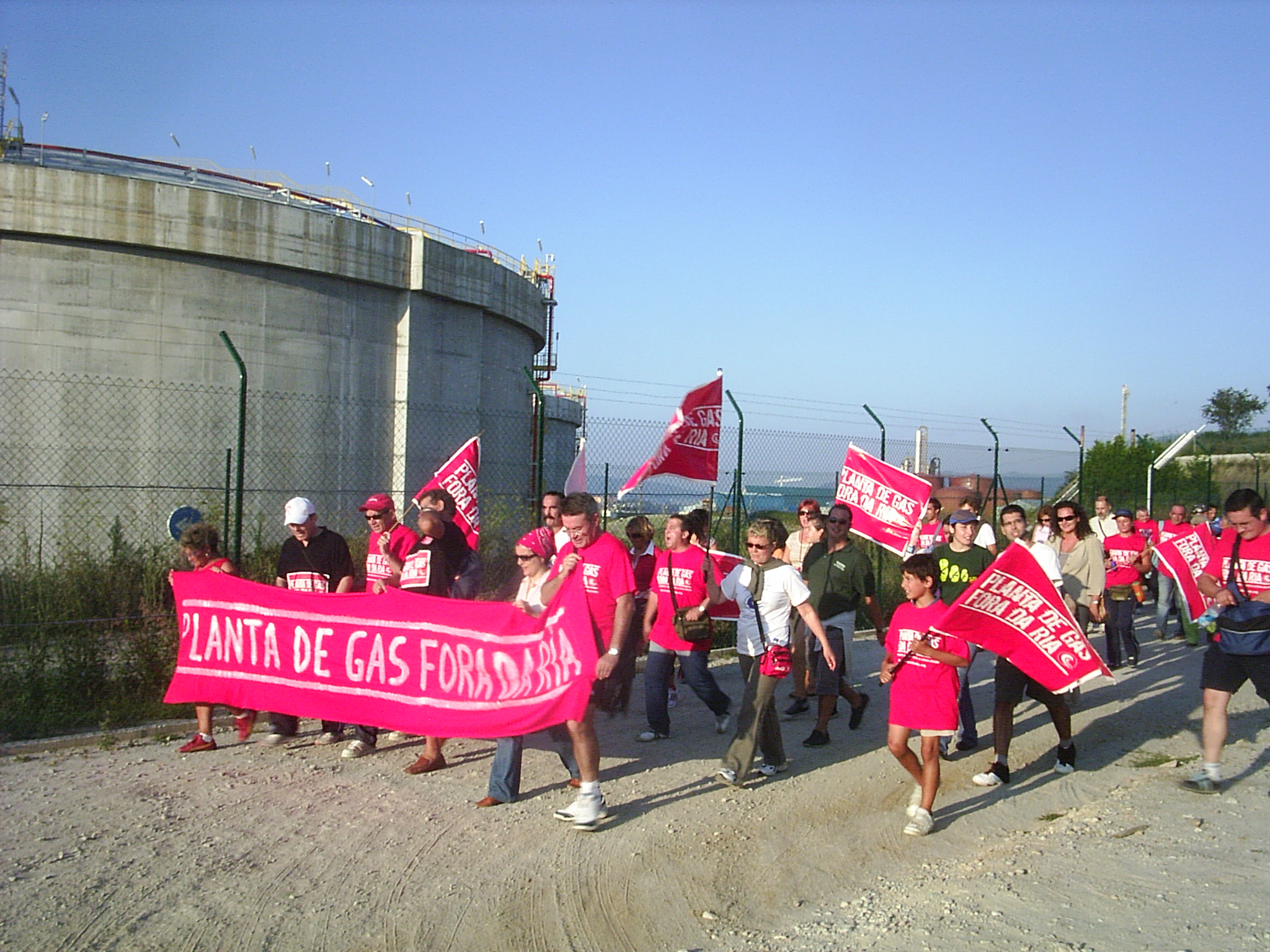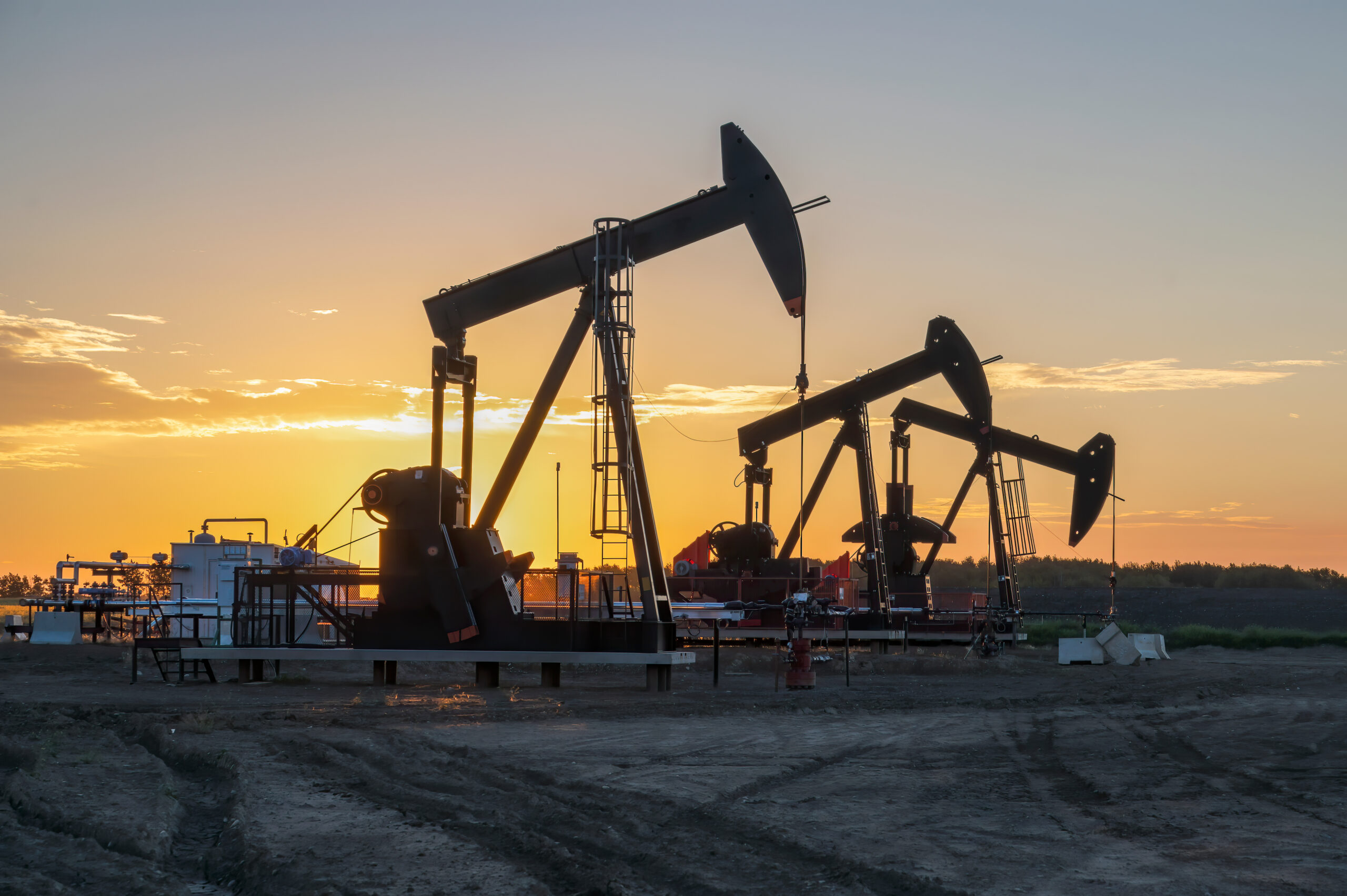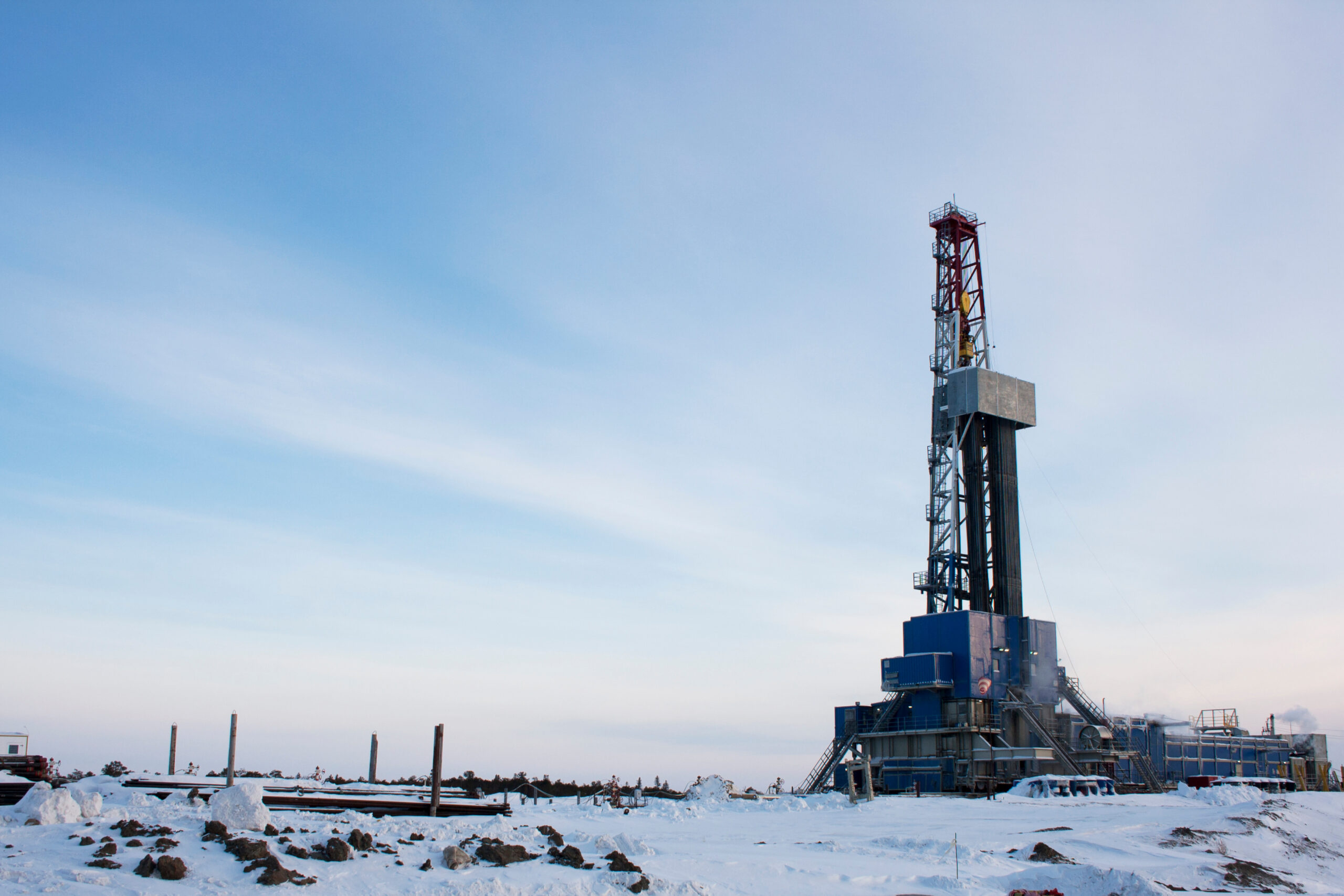 Sophie Davies
Sophie Davies
Sophie Davies
Sophie has been Editor of Gas Outlook since its launch in 2022. She previously worked as a journalist covering energy, finance and human stories at Thomson Reuters, the Thomson Reuters Foundation and S&P Global Platts. She is based in Barcelona.
When delegates gathered in Dubai just a fortnight ago for the opening of COP28, the chances of progress seemed slim, but these oil state climate talks delivered a transition away from fossil fuels that no previous COP managed to achieve.
Saudi Arabia remains a thorn in the side of COP28. Only one solution remains – that the Gulf petrostate host its own COP, and face up to global scrutiny as the United Arab Emirates has done.
It is less than a week since COP28, the largest ever U.N climate summit, began in the oil kingdom city of Dubai, but drama is already at a peak after Sultan Al Jaber questioned the science behind phasing out fossil fuels.
At COP28 in Dubai, 50 oil and gas companies pledged to stop contributing to greenhouse gas emissions by 2050.
Documents leaked to the BBC showed that the UAE’s COP28 team had plans to discuss oil and gas deals with 15 countries.
A landmark EU deal this week to impose methane emissions limits on oil and gas imports into Europe should spur global action at COP28.
The residents of the Spanish town of Ferrol have lived for years in the shadow of an LNG terminal, but a growing body of research suggests such infrastructure poses a health risk to communities like theirs – which should serve as a wake-up call as we brace ourselves for major build-out of LNG in Europe.
The divestment of European banks from fossil fuels projects is slowly but gradually gathering pace, a director at BlackRock, the US investment management firm, said at the Flame Conference in Amsterdam.
As a result of western sanctions on Russia, there will be almost no new supply from Arctic LNG in 2024 and 2025, he said.


